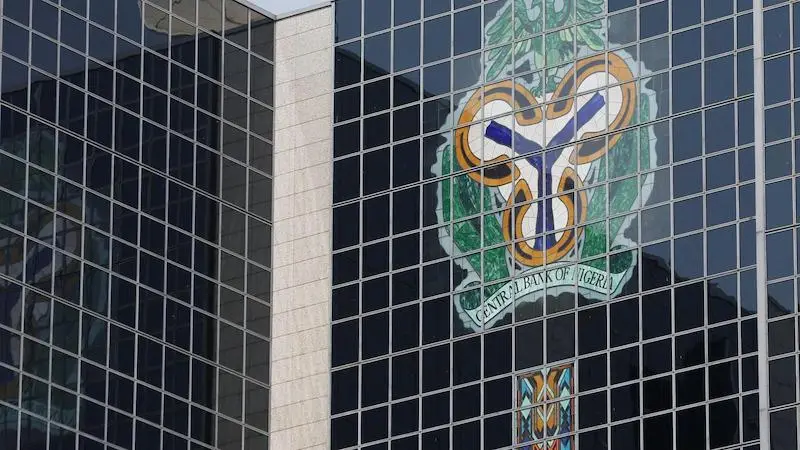Following reports of anxiety among some members of the public over the legality of old naira banknotes, the Central Bank of Nigeria (CBN) has maintained that all banknotes remain legal tender.
In a statement on Wednesday, Isa AbdulMumin, CBN’s Director, Corporate Communications, said the old naira notes should not be rejected, as they will be issued alongside redesigned banknotes in adequate quantities to banks for the benefit of their customers.
“Our attention has again been drawn to reports of a scarcity of cash across some major cities in the country despite assurances of sufficient cash stocks in all locations across the country.
“There have also been reports of anxiety among some members of the public over the legality or otherwise of old Naira banknotes.
“For the avoidance of doubt, while reiterating that there are sufficient banknotes across the country for all normal economic activity, we wish to state unambiguously that every banknote issued by the Central Bank of Nigeria (CBN) remains legal tender and should not be rejected by anyone, as stipulated in Section 20(5) of the CBN Act, 2007,” the bank stated.
READ ALSO: Court Grants Emefiele Bail, Orders Immediate Release After 151 Days
According to CBN, its branches have been directed to continue to issue different denominations of old and redesigned banknotes in adequate quantities to banks for onward circulation to bank customers.
“We wish to restate that all denominations of banknotes issued by the Central Bank of Nigeria (CBN) remain legal tender.
“In line with Section 20(5) of the CBN Act, 2007, no one should refuse to accept the Naira as a means of payment. Consequently, members of the public are advised to accept all CBN-issued banknotes currently in circulation and guard against panic withdrawals.
“We reaffirm that there is sufficient stock of curency notes to facilitate normal economic activities,” the statement added.
CBN further advised members of the public should continue to embrace alternative modes of payment to reduce the pressure on the use of physical cash.





